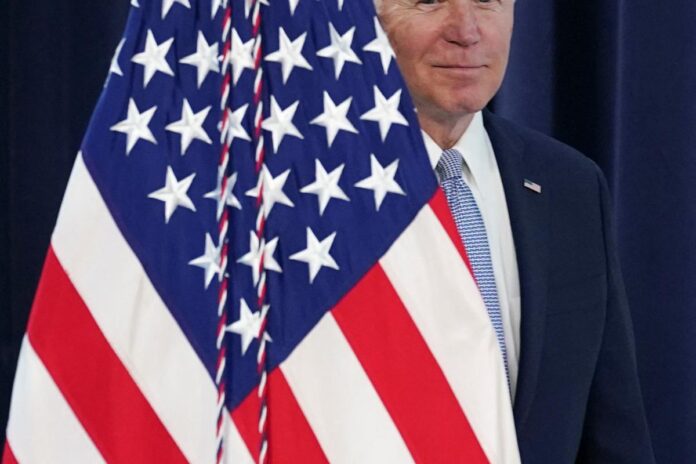Author: Ian Bremmer
Affiliation: Eurasia Group
Organization/Publisher: Foreign Affairs
Date/Place: May 5, 2022/USA
Type of Literature: Analysis
Word Count: 2248
Link: https://fam.ag/3P1Tdnf
Keywords: Russia, Putin, West, USA, Cold War, NATO Proxy
Brief:
The author highlights the potential of a new Cold War scenario as the Ukraine invasion goes on. The article first sheds light on the heightened tone of the West and Russia. Biden, for example, has accused Putin of carrying out a “genocide”, while Britain’s Foreign Secretary has referred to the situation in Ukraine as “our war”. On the other hand, Russia has gone as far to call the situation as an existential struggle against NATO, with Putin accusing the West of trying to destroy Russia from within. The author concludes that “Taken together, these developments constitute a dangerous new reality… The result is a new Cold War between Russia and its opponents.” The article goes on to describe the nature of this new Cold War. Although it is less global, it is also less stable and predictable while being “less and more dangerous.” Alluding to Moscow’s military shortcomings that the Ukraine invasion has exposed, Russia today appears less capable in light of Moscow’s economic options and vitality. Additionally, Russia does not have the ideological appeal. A few countries have maintained a neutral and pragmatic relationship with Russia – Brazil, India, Indonesia, and Mexico, while even fewer and less significant countries have explicitly supported Russia – Belarus, Eritrea, North Korea, and Syria. The article also mentions China, which is concerned with maintaining global stability that is the bedrock for its economic growth and legitimacy. In other words, Beijing’s friendship with Putin eventually has its boundaries despite past statements. On the other hand, today’s USA suffers from a deeply polarized domestic politics. Additionally, Biden’s call to kick out Moscow from the G-20 is problematic. Such rhetoric is in line with Biden’s framing of the war as a battle between democracy and autocracy, but in that context, the breakdown of global cooperation in the face of growing threats (such as the environment and the pandemic), is a huge threat to world order. Third, the rise of cyber warfare that can cause serious damage to many aspects of governance is “easier to build, easier to hide, extremely hard to defend against, and nearly impossible to deter.” The author stresses the lack of safeguards today like those established during the Cold War such as the Intermediate-Range Nuclear Forces Treaty (INF) and the Open Skies agreement. There are no cyber-equivalent treaties or confidence-building measures today, no paths to such, and no enforcement mechanisms. Finally, the author notes that the world has crossed a point of no-return, stressing that “without guardrails, there is no telling where this new logic might lead.”
By: Hamza Amer, CIGA Research Assistant




